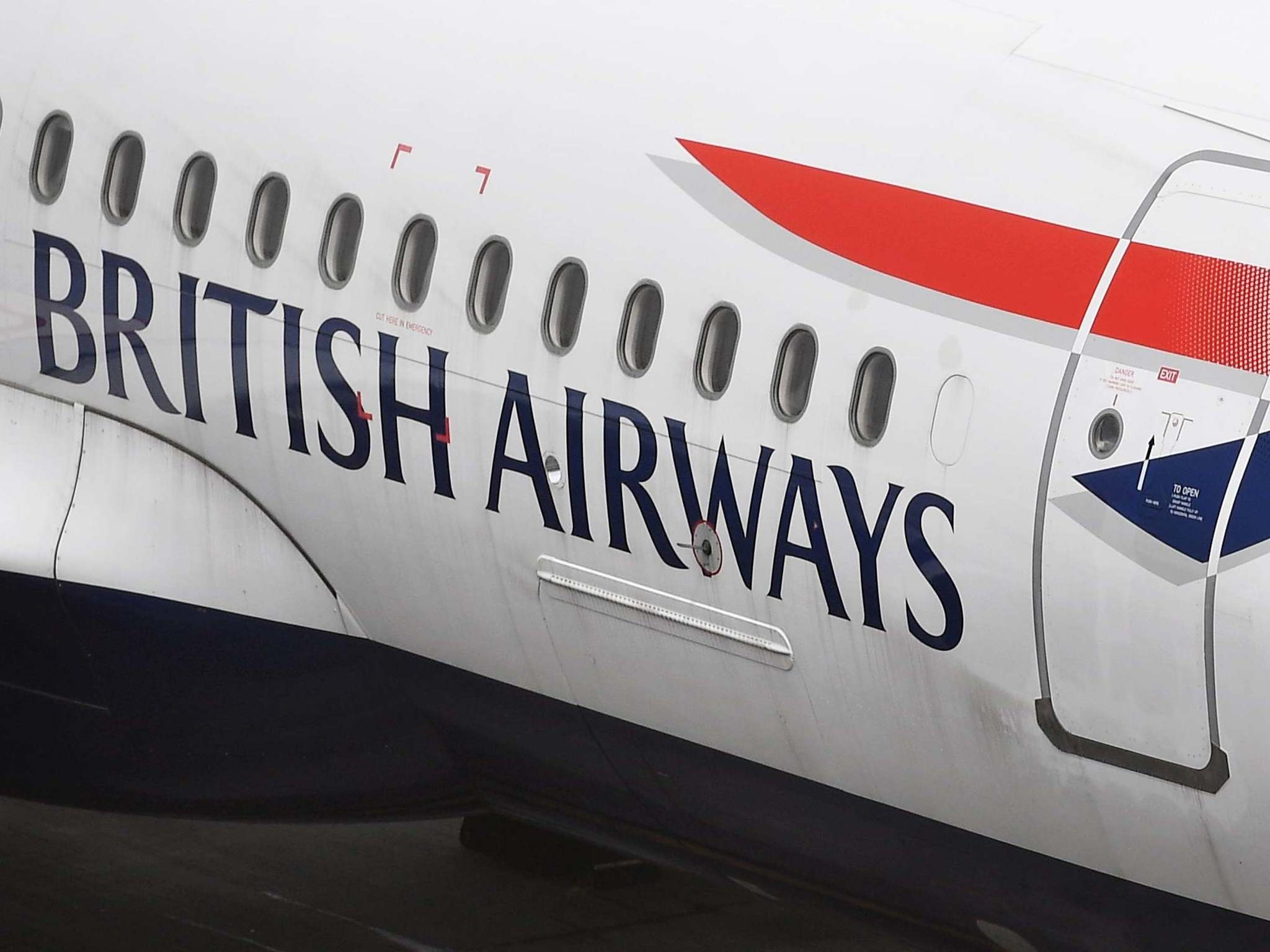The British Airways pilot dispute does neither side any credit
Some hitherto-loyal customers will book away from an airline they now perceive as prone to disruption


For years to come, the British Airways pilots’ strike of 2019 will be cited in business-studies courses as a textbook example of industrial-relations hubris.
A union representing a relatively well-paid group of workers agrees (according to BA) to an above-inflation deal, then backtracks and demands more.
The highly profitable employer, meanwhile, decides that facing down the flight crew is more important than conceding a few million pounds a year extra on its wage bill: the pilots are demanding an extra £1,150 above the 11.5 per cent over three years currently on offer.
The dispute will ground virtually all BA flights on Monday and Tuesday, tearing up the travel plans of around 240,000 passengers. Many of them booked important family, holiday or business trips months ago. A further 120,000 are waiting to see if their flights on or around 27 September will be cancelled.
Both sides advance plausible cases: the British Airline Pilots’ Association (Balpa) cites the sacrifices made by flight crew during the lean years. It rightly points to the impeccable professionalism and outstanding safety record of BA’s pilots. The union says its members deserve a bigger share of the airline’s recent impressive profits.
British Airways counters that nine out of 10 employees – mainly ground staff and cabin crew – have already agreed to the inflation-beating pay offer. Any significant concession from BA to the pilots would trigger an immediate demand by the GMB and Unite unions for matching rises. London is both the world capital of aviation and the most ferociously competitive airline market on the planet, and no carrier can afford to have costs – and thus fares – out of line with its rivals.
The failure to find a settlement will, in the short term, slice around £100m from BA’s profits purely from the direct loss of revenue and extra costs from the first two-day strike.
Tougher to quantify is the longer-term damage. Some hitherto-loyal customers will book away from an airline they perceive as prone to disruption. And exasperated passengers, caught in the crossfire between well-heeled foes who really should have the same direction of travel, may carry out their vows to switch to Virgin Atlantic or easyJet in the future.
This increasingly bitter dispute infuriates the 90 per cent of British Airways staff who fear the airline’s profitability will be trashed. It does neither side any credit. But already the winners are clear: BA’s rivals.
Yours,
Simon Calder
Travel correspondent
Join our commenting forum
Join thought-provoking conversations, follow other Independent readers and see their replies
Comments